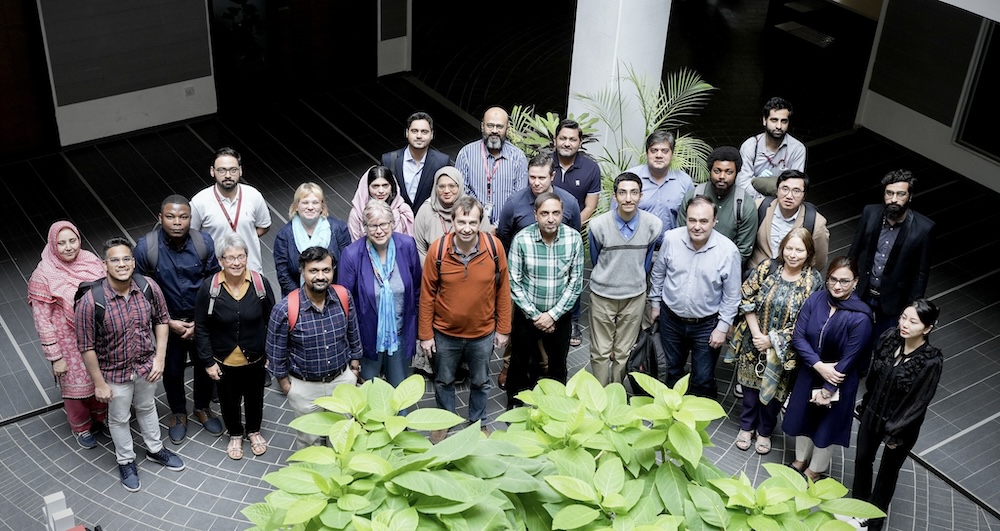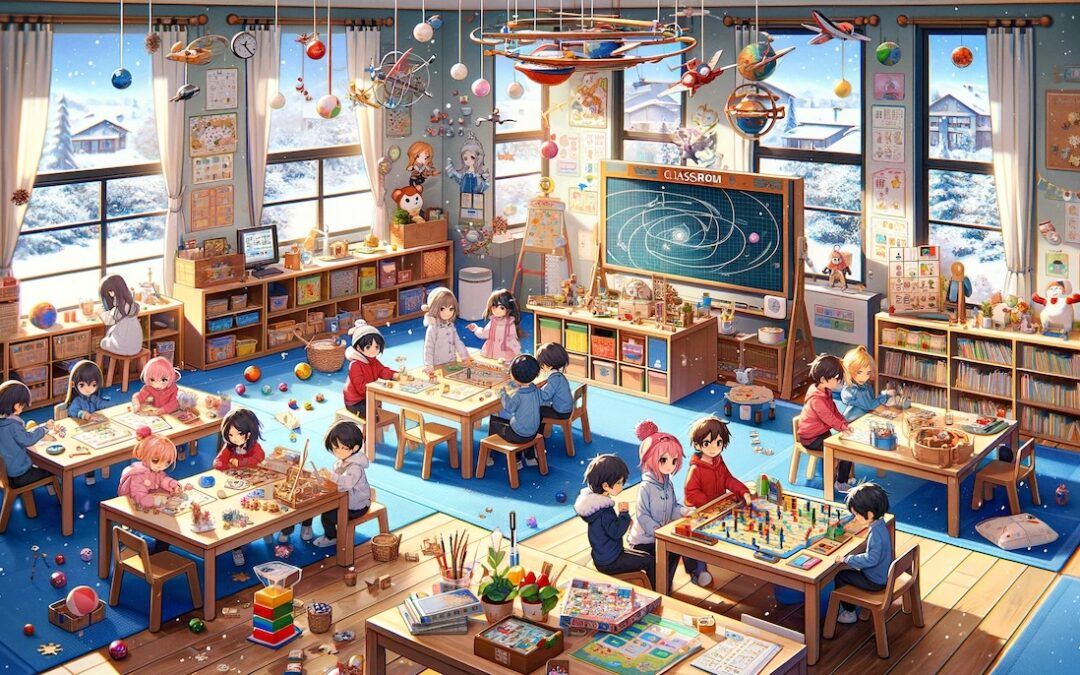It’s been a busy winter period for the Game Changers team, so we’ve compiled an update on the various activities, awards, PhDs, and project announcements from the past three months!
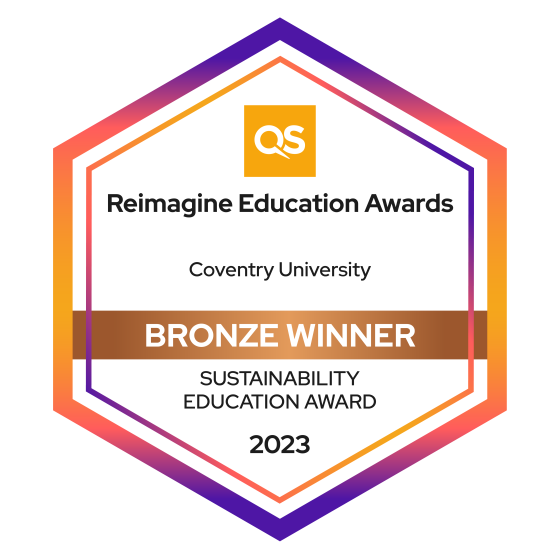
The ACES project won the Bronze Award for Sustainability Education at the QS Reimagine Education Awards 2023! It’s an honour to be recognised among such remarkable projects. ACES’ emphasis on fostering resilience through playful and frugal educational design across Malaysia, Indonesia, and Vietnam, stood out amidst fierce competition with over 1200 nominations across 17 categories. Learn more about the ACES project.
We’re excited to announce that the Ludic team have secured the UK-Indonesia Disability Inclusion Partnerships Grant from the British Council. I-HEDU is a 12-month initiative, building on past successes with partners in Universitas Negeri Malang and Universitas Muhamadiyah Ponorogo, and aims to enhance higher education accessibility in Indonesia, especially for disabled students. Learn more about the project here.
The Ludic Design team were successful in securing funding for three REDF projects, which are now in the early stages of design and development:
- Pedagogy-driven Design for Sensor-centric Games ExperiencesBuilding on our collaboration with Manchester Metropolitan University (MMU, led by Dr. John Henry) on investigating the use of wearable technology in playful practice for improving wearer health. Learn more…
- Remixing AI-Generated Media Playfully for Education
Building on the playful approaches explored and developed in the ACES project for exploring the creative and critical integration of General Artificial Intelligence (GAI) into education. Learn more… - XFORMS: Navigating Societal Adaptation Through Cultural Spaces and Cyberspaces for Democratic ExpressionIn collaboration with CYENS research centre, Cyprus and Aston University, the XFORMS project aims to investigate the impact of cultural and artistic spaces, alongside cyberspaces and metaverses, on political and democratic expression using immersive and emerging technology. Learn more…
In January, partners for the XFORMS REDF project convened at CYENS research centre in Cyprus, Nicosia, refining the proposal with a focus on leveraging AI, interactive storytelling, and learning interfaces to enhance democratic expression across digital and physical spaces, spanning creative arts, education, social innovation, policy, and citizen engagement. Initial discussions were held in Coventry in December 2023, where partners shared technologies and methodologies. Learn more…
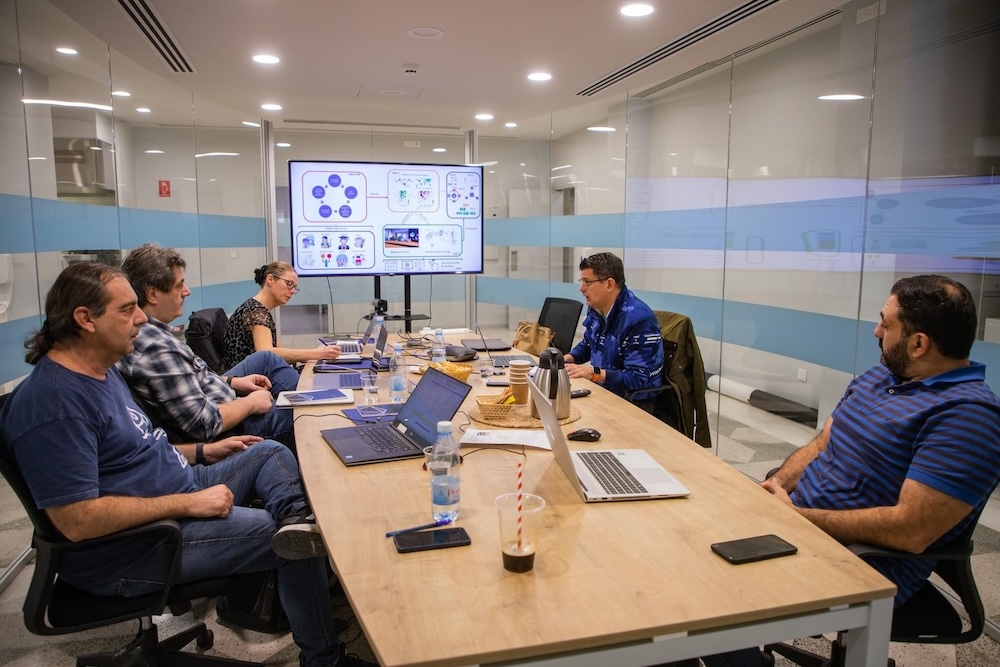
Ludic PhD student, Jaimz Winter, recently participated in the Doctoral College’s Immersive Research Day “Show Us Your Research” event. Jaimz showcased a virtual reality showroom featuring preliminary findings from his ongoing PhD survey titled, “Gamer’s Perception of Video Game Privacy”. Attendees were able to wear Oculus Headsets to experience the showroom and watch a short presentation to learn more about the PhD project’s aims and research questions. Jaimz is still in the process of gathering responses for his survey. If you are interested by this research, you can participate in the survey here.
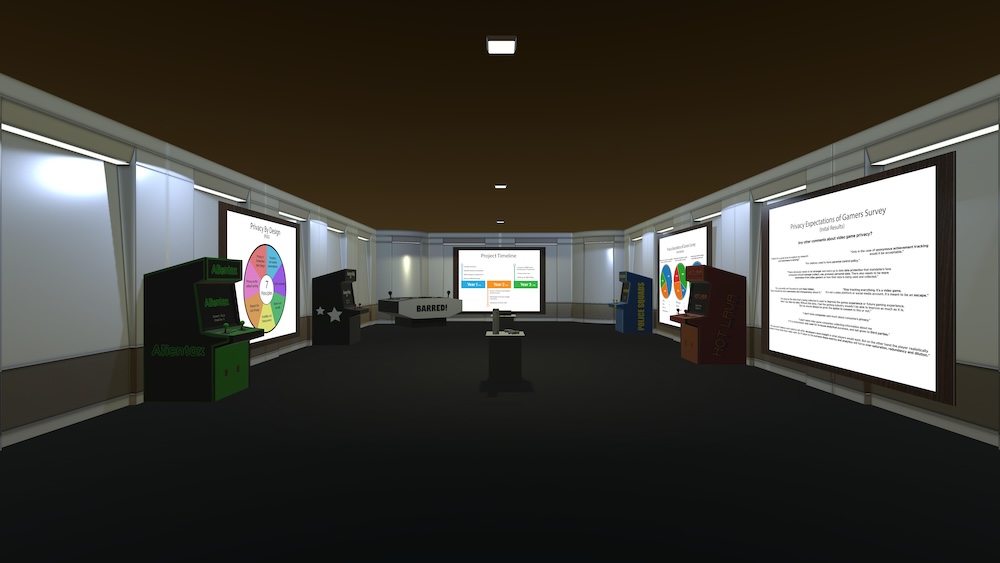
Congratulations to Ludic PhD student Saif Alatrash, who has just completed his viva and been recommended a Pass with minor corrections for his thesis, titled ‘Gamified Immersive Museum Experience for Engineering and Design Heritage’. All three examiners were very impressed with his work. Many thanks to the supervisory teams from Coventry University, UK and Deakin University, Australia. You can read about part of his research in his most recent journal paper.
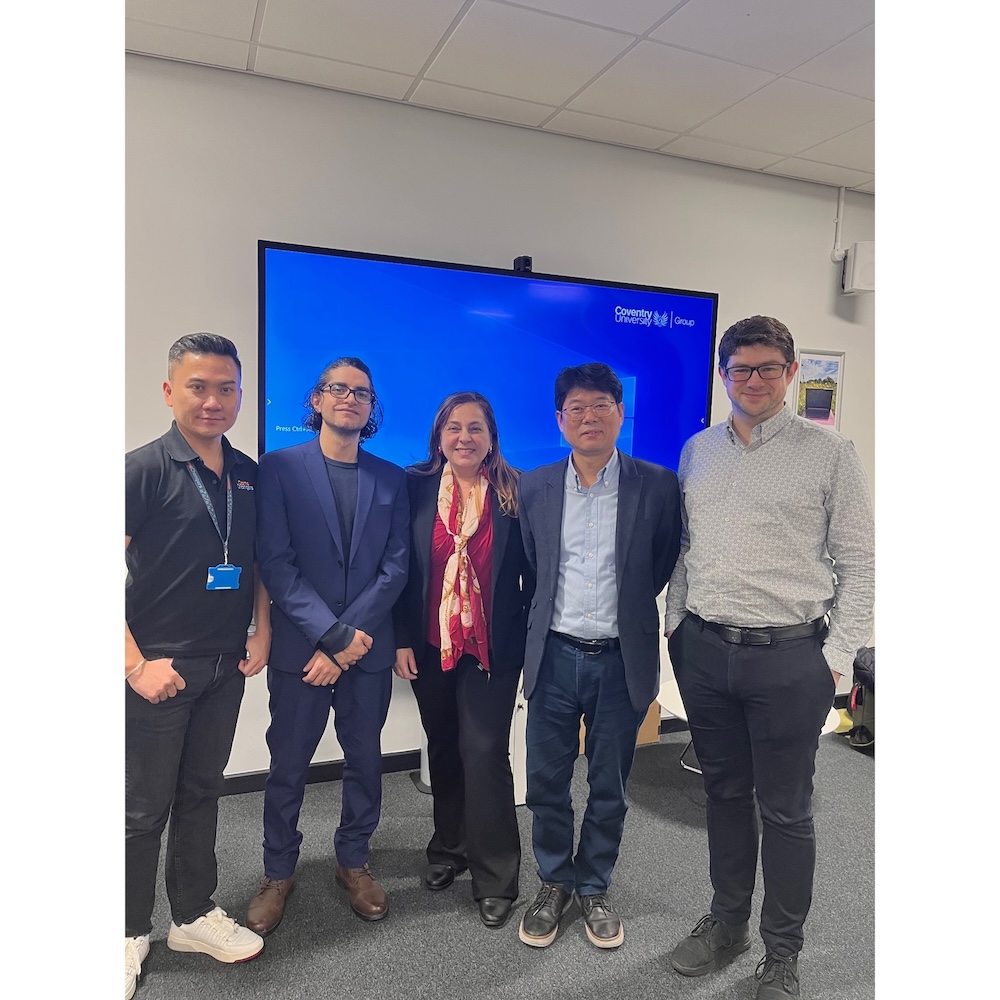
Ludic PhD student, Khurram Adeel Shaikh, participated in the PAK-UK PGR Research Mobility Programme funded by the British Council Pakistan. The programme involved an incoming 2-week visit from Pakistani partners and an outgoing 2-week visit to Pakistani universities of PGRs and senior researchers. The exchange involved mentoring and developing expertise, and provided Khurram the opportunity to understand how research is organized in Pakistan and experience different research environments. He was able to explore transdisciplinary collaborative research opportunities aligning with his research area of pedagogical game design.
